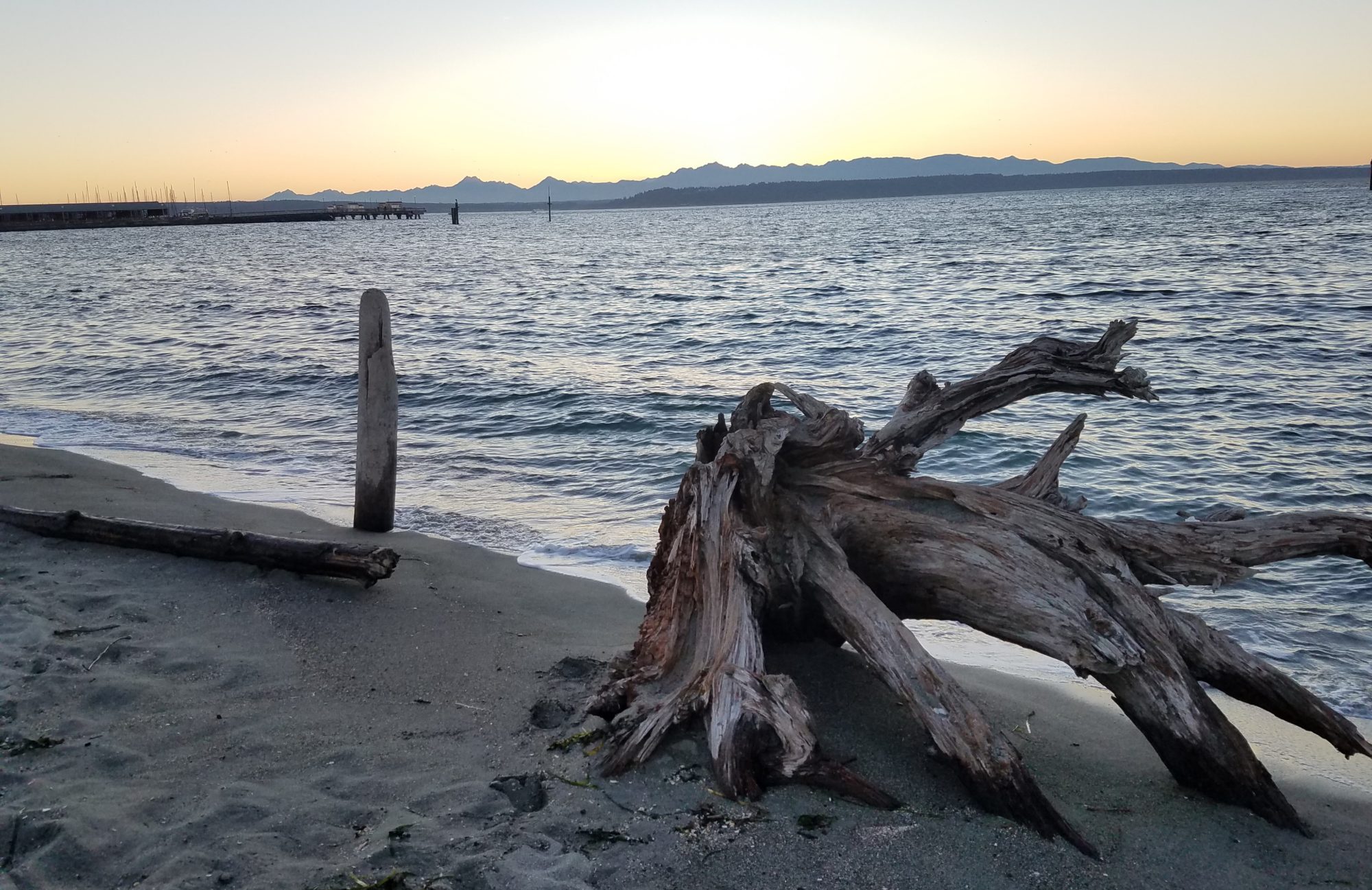I wanted to share this magnificent piece written by Sabura, the widow of Wali Ali, one of the first students of Murshid Samuel Lewis (aka Sufi Sam), the founder of the Ruhaniat Sufi order. It was shared this week on our Sufi teachers mailing list. It is said that Sam’s favorite hymn for this time of year was “Oh Holy Night.”
Here are the lyrics – https://www.letras.com/christmas-carols/834504/ – and here’s a beautiful rendition by the Pentatonics on YouTube of the hymn – https://youtu.be/ReJAU2mXm8w?si=QY7GQ-uHLxA5pHlC
Here is Sabura’s message:
It is quiet on this Christmas Eve. The sky is night-ringed, scattered with stars and the light of a cold, waning moon. I’m thinking of Christmases past, of how Wali loved to sing along, unapologetically off tune, to all the Christmas carols, his joy and heart the real music. He often shared stories of caroling around the neighborhood at the Mentorgarten with Murshid Sam and the gladness in it. ‘O Holy Night’ was a carol he particularly liked for the lines,
Fall on your knees
Hear the angel voices.
Putting the potency of his deep voice and body into the music, he’d stand in our kitchen here at 410 and sing out those two lines when the time came for them, a la Murshid Sam who, he said, indicated that one should heed the imperative and actually fall on one’s knees. I have a remarkable image etched in memory of my large and lovely husband falling heavily to his knees in the kitchen doorway, face upturned, arms outstretched, half-joking, half-serious, as the music played. For the merest of moments the walls receded and we were all gazing through the mystery of an angelic, heart-strewn sky.
I have often thought back to this somatic directive. The pliable, bending knee as sacred portal, ancient meniscal doorway ushering us into intimate contact with the receiving earth, its textures and radiance, its damp, fragrant, life-giving support, meeting us halfway, as we fall, as we fall into the sublime humus of our own being.
“Fall” and “hear” in their simultaneity invite the beautiful implication that surrender is not an act of will, not something ‘we’ do but rather the Beloved’s response to the grace of who we are. We precede ourselves.
Those of us navigating our own private winters know this. And the body as cathedral in which one imagines that the sob or sigh that issues forth in falling to one’s knees…as the angel voices themselves, their incandescence and beauty no less than the humble recognition of our own holy pathos. That moment our deepest suffering makes contact with God’s deepest nature and knowing the two as one hints at the terrible, tangible magnificence that is the Beloved.
Fall on your knees
Hear the angel voices
May the receiving earth find its numinous way to each one of us this season and beyond.
Love, Sabura

